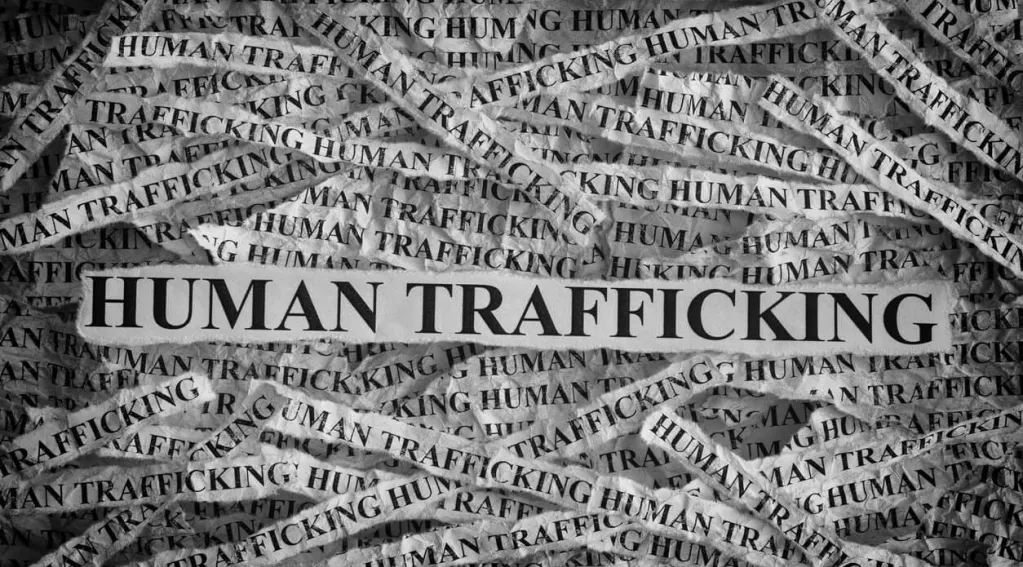Oh, the Humanity! Those Poor, Misunderstood Human Smugglers

Can running migrants across the border be a humane enterprise that is “mutually beneficial” to immigrants and traffickers alike?
A new paper by the MigrationPolicy Institute concludes that the answer is a complicated yes.
“Despite the illicit nature of their work and being cast as villains in the public eye, smugglers have complex, multifaceted relationships with their migrant clients,” writes Jasper Gilardi. “At times, it can be mutually beneficial or even lifesaving. Drawing broad-brush conclusions ignores the complexities of the varied shapes the relationship can assume.”
In his ode to human smugglers— who he insists are a breed apart from human traffickers – Gilardi summarizes their positive attributes:
- “A good smuggler keeps his or her clients safe by lining the right pockets.” (i.e., drug cartels and bribe-taking government officials).
- Smugglers will offer discounted rates to Central Americans traveling with minors.
- Employing caravans, smugglers provide less strenuous modes of travel, including buses.
Perhaps Gilardi has been out in the Mexican sun too long. He seems to have lost his legal and moral bearings.Let us offer a few pointers back to reality.
First, his portrayal of smugglers as humanitarians is absurd. They may not be selling their human cargo into sex slavery, but they’re not exactly providing white-glove treatment. Smugglers routinely put their charges in danger and will abandon them in a heartbeat in the middle of the desert if they have to. They often move them with insufficient provisions, leaving the sick and weak behind to fend for themselves.
Second, Gilardi comically oversells the customer-service orientation of smugglers. Discounts and bus tickets are no bargain when the entire enterprise is predicated on a lawless business model. The assertion that “coyotes depart from advertised locations on a set schedule” is hardly a recommendation when journeys result in robberies, rapes, arrests, or worse.
The MigrationData Portal, publishing an admittedly conservative tally, listed some 3,000 migrant deaths and disappearances in Mexico and CentralAmerica between January 2014 and October 2019. It did not specify how many were traveling under the auspices of smugglers/traffickers.
Of course, tragic events can and do fuel migration. Yet there is a lot of anecdotal evidence that the majority of migrants are driven by economics, not violence.
FAIR recently highlighted a peaceful Guatemalanprovince whose residents are venturing north en masse simply as a matter of choice. Either way, smugglers stand to profit. Perversely, MPI’s paper can be used to justify outrageous political gambits like the New Way Forward Act, a Democrat-sponsored bill that would facilitate illegal entry by gutting U.S. immigration law and decriminalizing foreign criminals. Smugglers? Traffickers? Altruistichumanitarians? Whatever you call them, c’mon in.

